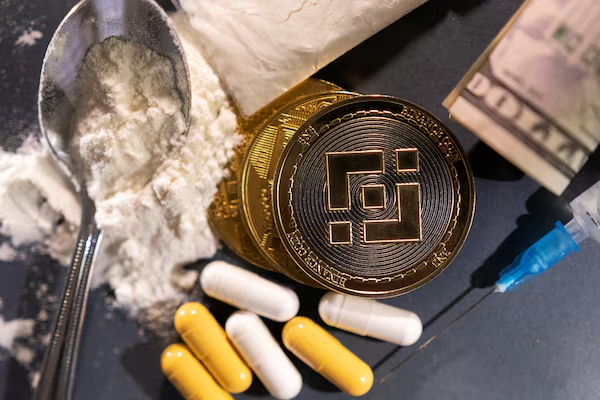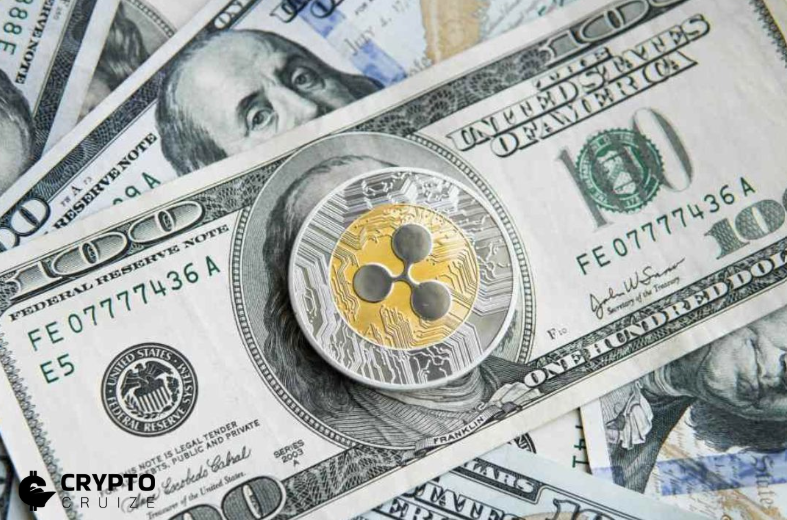A new report by blockchain security firm TRM Labs has revealed that Russian-language darknet marketplaces accounted for a staggering 97% of all crypto-linked drug transactions in 2024. This dominance translated to $1.65 billion worth of illicit activity on Bitcoin and TRON networks—highlighting the growing role of cryptocurrency in underground economies.
Why Russian Darknets Continue to Thrive
Several factors contribute to the resilience of Russian darknet markets, according to TRM Labs. Unlike Western illicit platforms, which frequently collapse due to law enforcement actions or scams, Russian operators follow a strikingly different approach:
- Lower enforcement risks allow these markets to operate with minimal disruptions.
- Cheap chemical precursors from China fuel the rise of synthetic drugs.
- A surprising “honour system” ensures users can withdraw funds before a shutdown, unlike Western markets, which often vanish overnight with user deposits.
Despite law enforcement efforts, only four out of nearly 20 active Russian darknet markets ceased operations in 2024, with Solaris being the most notable shutdown.
A Shift Towards Encrypted Platforms
While darknet marketplaces remain dominant, the illicit drug trade is undergoing a major shift. Vendors are increasingly moving away from centralised markets in favour of encrypted messaging apps like Telegram, Signal, and secure email.
This transition, previously more common in the West, is now spreading across Russian-speaking networks as dealers seek to:
- Bypass darknet shutdowns and law enforcement actions.
- Avoid marketplace fees, increasing their profits.
- Reach less tech-savvy buyers who find encrypted apps easier to use.
Decentralised Drug Markets Drive Crypto Transactions
With vendors shifting to direct-to-customer encrypted channels, crypto transactions linked to these decentralised markets have surged. In 2023, addresses associated with these vendors received $289 million—a figure that more than doubled in 2024, surpassing $600 million.
Beyond Telegram and Signal, many vendors now operate on clearnet websites and social media, further decentralising the illicit trade. This multi-channel strategy makes it harder for law enforcement to track and shut down operations.
Crypto’s Role in the Global Drug Trade
Despite the rise in crypto-linked drug transactions, blockchain-based payments still account for less than 1% of the global illicit drug trade. Traditional cash transactions continue to dominate, but the shift toward digital assets signals a changing landscape.
As darknet markets evolve and criminals embrace encrypted platforms, regulators and security firms face an uphill battle in disrupting crypto-enabled drug trafficking. Whether stricter regulations or blockchain surveillance can curb this trend remains to be seen.





















































